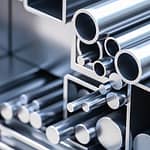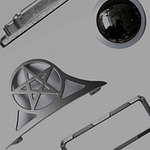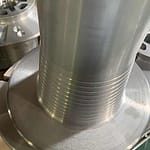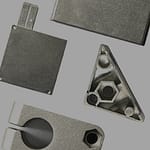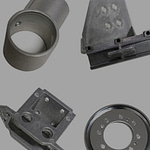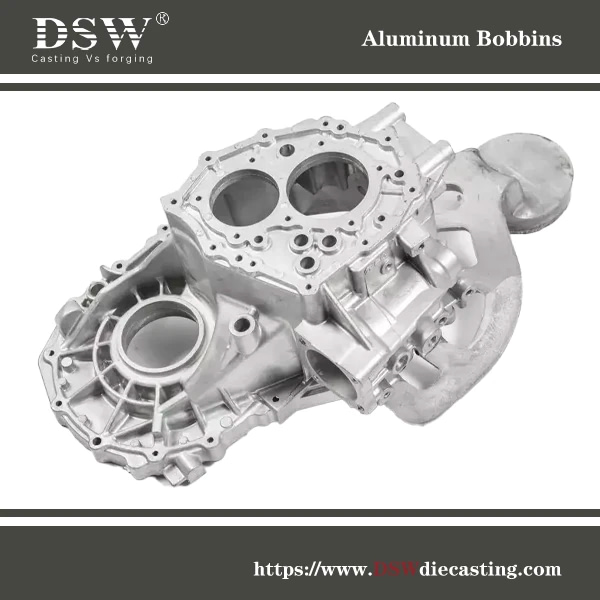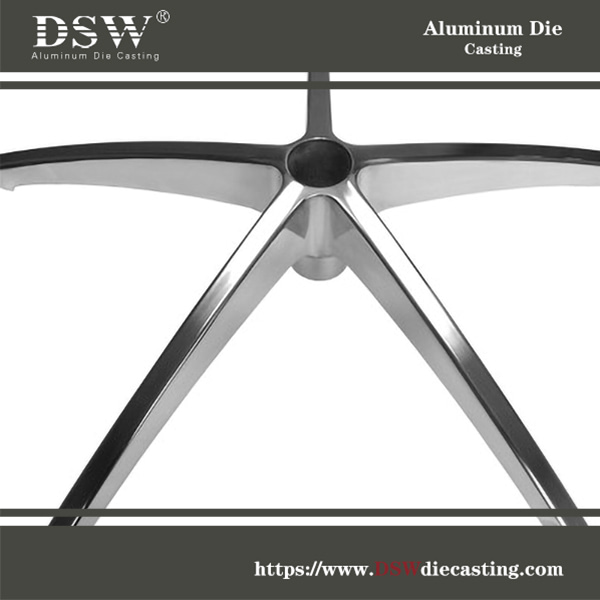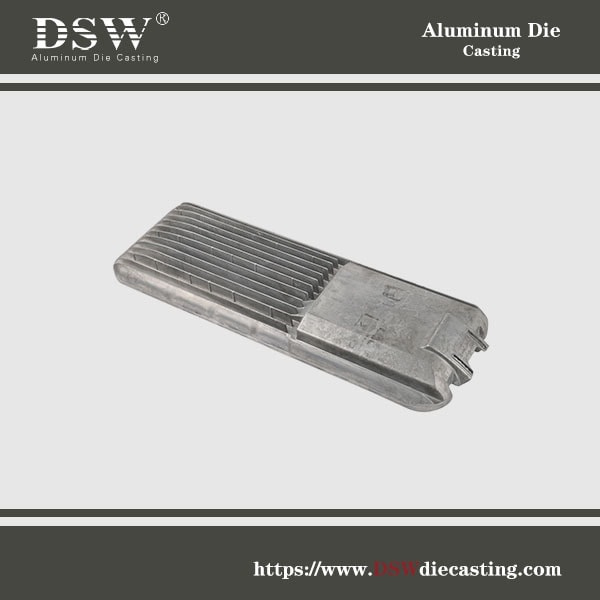
7075 Aluminium vs. 6061 Aluminium: Properties, and Applications
7075 and 6061 aluminium are two of the most widely used alloys, each offering unique strengths and applications. While 7075 excels in high-strength aerospace and defense projects, 6061 is prized for its versatility in automotive, marine, and structural industries. Explore their differences in composition, machinability, corrosion resistance, and performance to choose the right alloy for your needs. ... Read More


